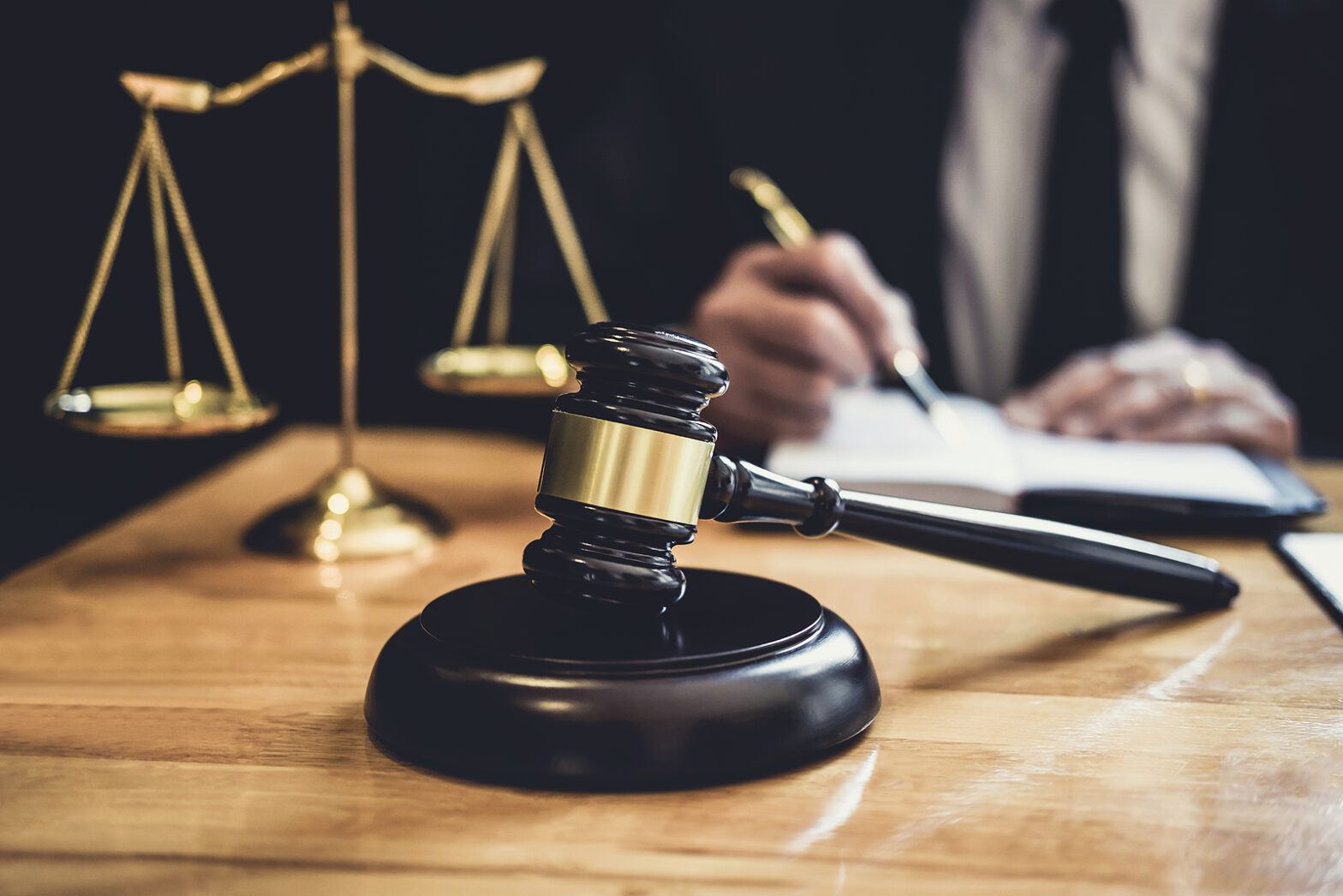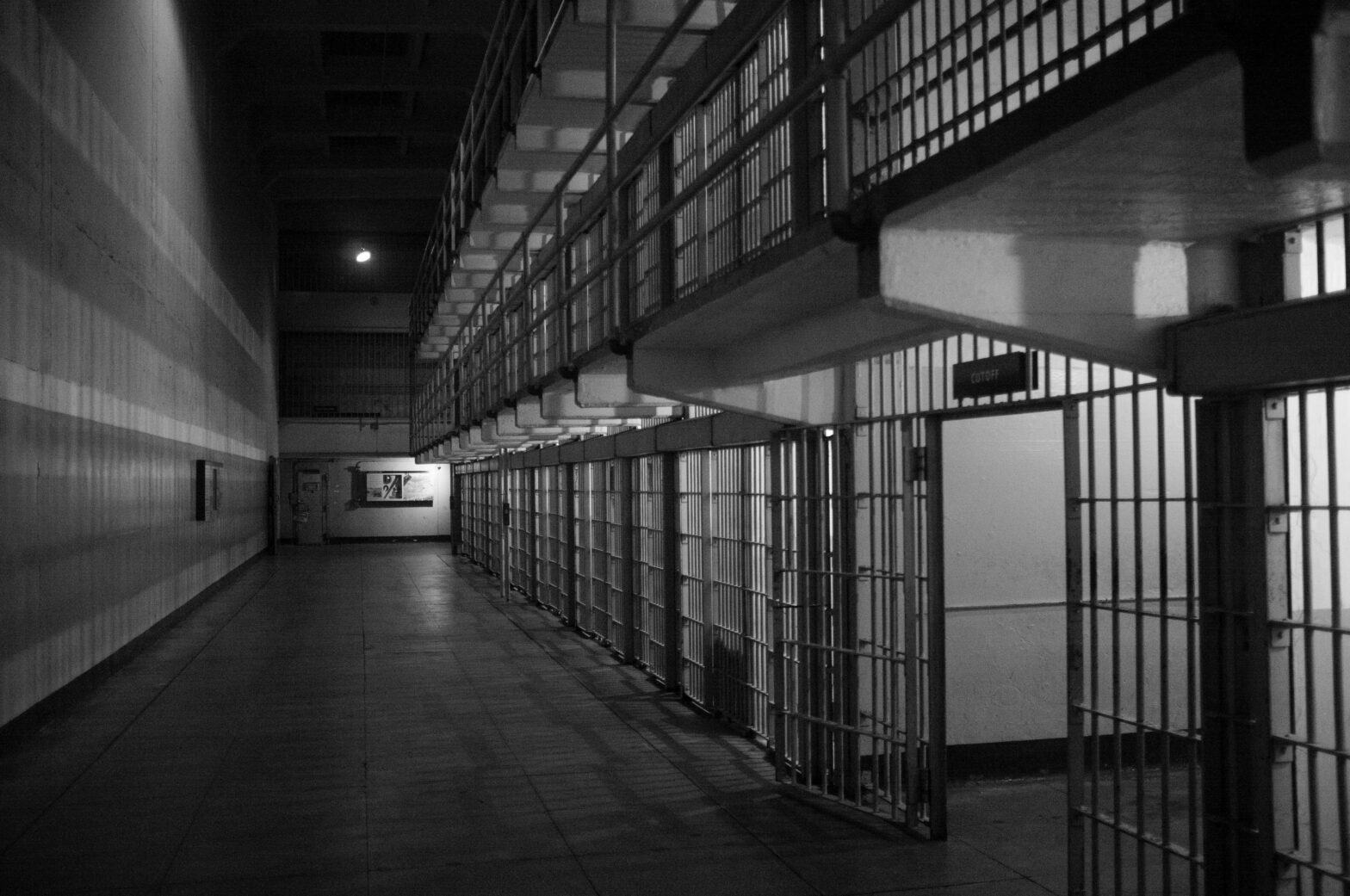“Harmless Errors” By the Court May Not Affect the Verdict
People v. Schultz (2020)
Defendant Michael Schultz (“Schultz”) was convicted of first-degree murder of Cynthia Burger (Penal Code § 187(a)) by a jury, finding true the special circumstance allegations that the murder was committed while Schultz was engaged in the commission of rape and burglary (PC § 190.2(a)(17)(C),(G)). After the penalty phase trial, the jury returned a verdict sentencing Schultz to death. Schultz moved to modify his sentence to life without the possibility of parole. (PC § 190.4(e)), but the trial court denied his motion and sentenced him to death.
Schultz appealed, arguing that errors were permitted by the trial court during the jury selection, guilt, and penalty phases of the trial. Schultz maintained that the effect of the errors individually and/or cumulatively created a prejudicial effect against him that the court should grant a mistrial.
The California Supreme Court disagreed with Schultz’s argument and affirmed the trial court’s judgment in its entirety, finding that any errors committed during the trial phase of the case were not prejudicial. In other words, even if the challenged evidence were improperly admitted, the error was harmless as against the weight of all the other evidence of Schultz’s guilt; the verdict did not turn on the challenged evidence and its admission or omission was insignificant in comparison.
1. Jury Selection “Errors” – Two Prospective Jurors Excused for Cause
Schultz argued that the trial court erroneously excused two prospective jurors for cause in violation of constitutional standards set forth in Witherspoon v. Illinois (1968) and Wainwright v. Witt (1985). However, the California Supreme Court found “substantial evidence supporting the excusals and [upheld] the trial court’s rulings.”
Regarding jury selection in capital cases, the U.S. and California Supreme Courts have held that:
- Opposition to the death penalty as a personal belief is not enough on its own to permit removal of the prospective juror if that juror states that he is “willing to temporarily set aside [his] own beliefs in deference to the rule of law.” (People v. Stewart (2004), quoting Lockhart v. McCree (1986).)
- Excusal for cause is permissible when the prospective juror’s beliefs regarding the death penalty “would ‘prevent or substantially impair the performance of his [or her] duties as a juror in accordance with [the court’s] instructions and [the juror’s] oath.’” (Witt, quoting Adams v. Texas (1980); People v. Ghent (1987).)
2. Guilt & Penalty Phase “Errors” Were Harmless
During the guilt phase of the trial, the court admitted – over the defendant’s objection – prosecution evidence of:
- the voicemail recording made by the victim the night she was murdered as evidence of the victim’s mental state and/or intention to remain at home that night; and
- improper testimony regarding DNA extraction from the victim and testing procedures.
During the penalty phase, the court admitted – over the defendant’s objection – evidence of Schultz’s correspondence with the leader of a white supremacy gang showing that the two men addressed each other with terms of endearment and respect.
The California Supreme Court held that even if the above evidence should not have been admitted, any error in doing so was harmless and did not prejudice Schultz such to sway the verdict to ‘guilty.’
3. No Cumulative, Prejudicial Effect
Schultz argued that even if these errors were independently not prejudicial, the cumulative effect of the errors was prejudicial. The Court disagreed, finding that the other remaining evidence against Schultz was so evident of his guilt that even the cumulative effect of the above errors was harmless and not prejudicial.
How a Wallin & Klarich Criminal Defense Attorney Can Help
At Wallin & Klarich, we believe in holding the courts and prosecutors accountable in trial – from jury selection to admissibility of evidence during trial, all the way through to a sentencing hearing. Our attorneys are passionate, experienced, and ready to fight to give you the fair trial you are entitled to!
With offices in Orange County, Riverside, San Bernardino, Los Angeles, San Diego, West Covina, Torrance, and Victorville, there is an experienced and skilled Wallin & Klarich criminal defense attorney available to help you no matter where you are located.
Contact our offices today at (877) 4-NO-JAIL or (714) 587-4279 for a free, no-obligation phone consultation. We will be there when you call.




